In August 1863, a ship called the Don Juan sailed from Erromango, New Hebrides now Vanuatu into Moreton Bay and on board were 12 crew and 67 islanders. 150 years later, in 2013, we remembered their journey and all those who followed, in an effort to keep their stories alive for future generations.
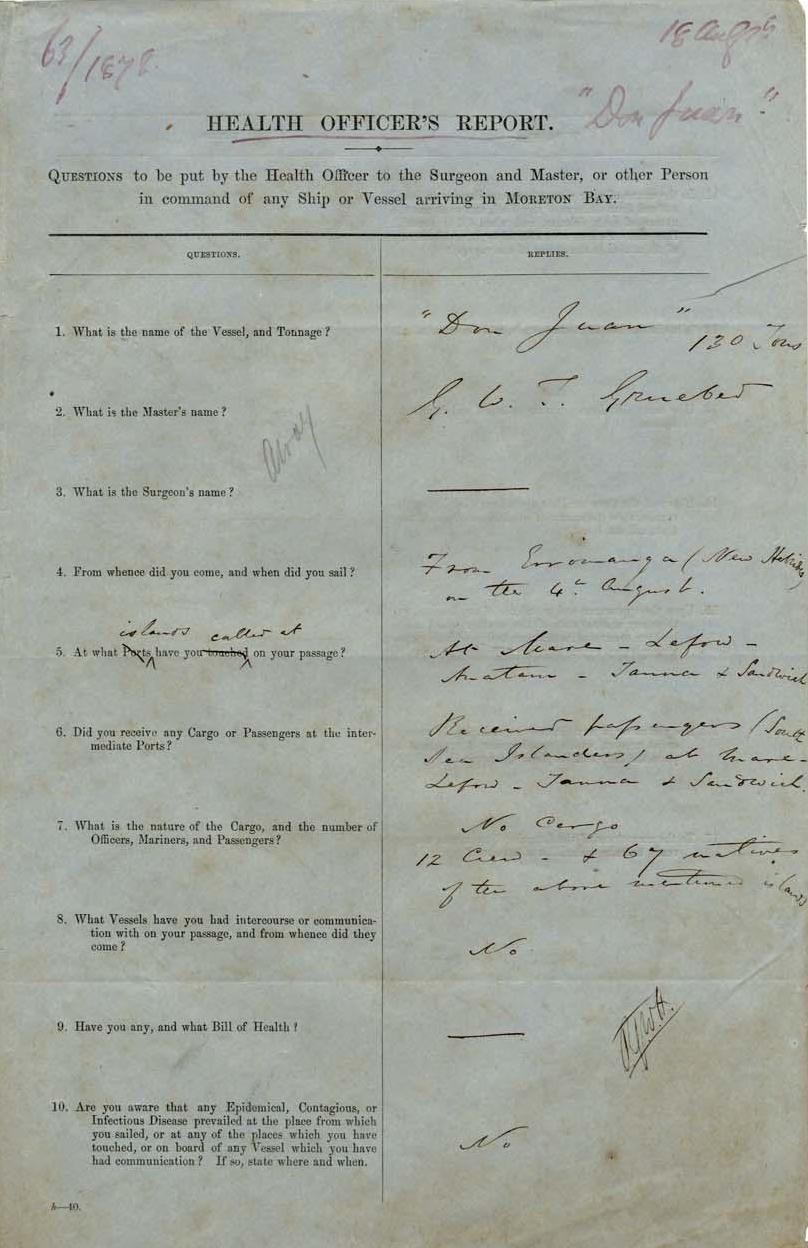
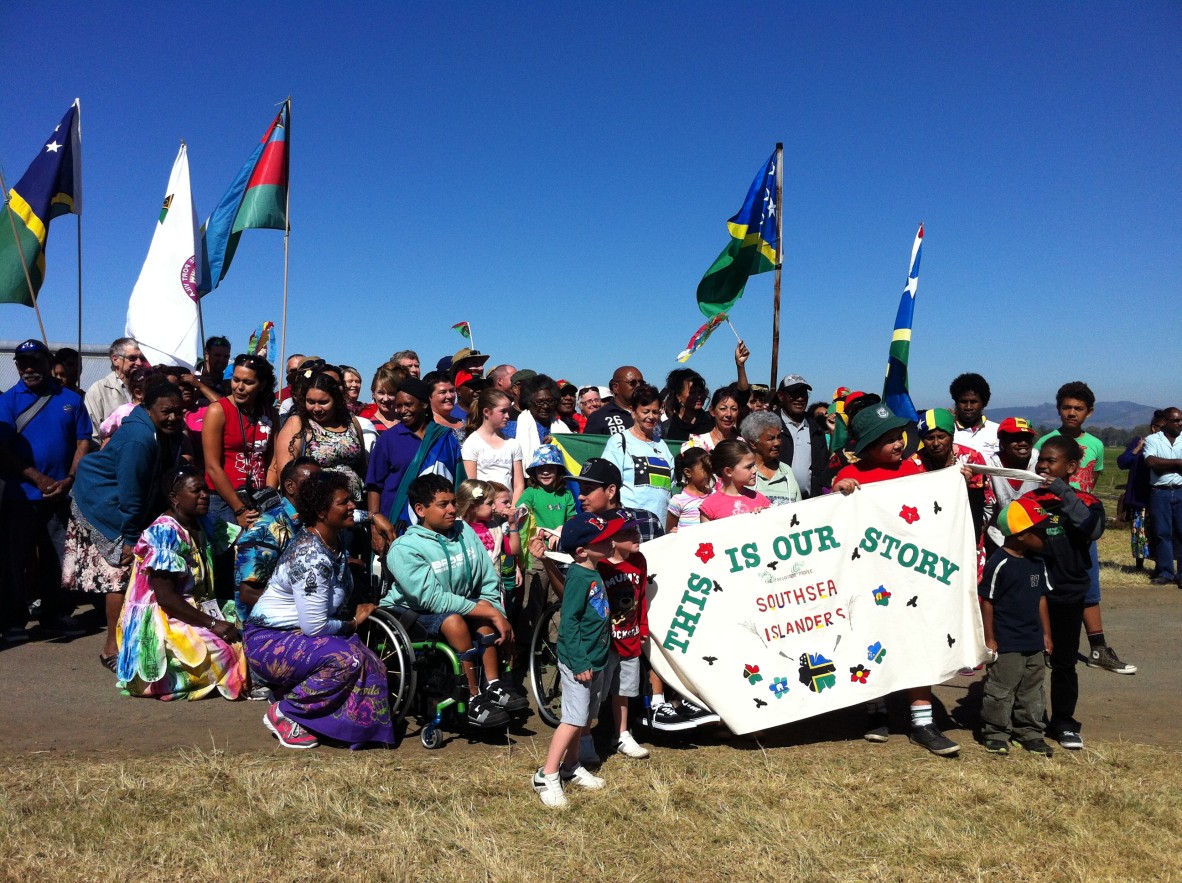
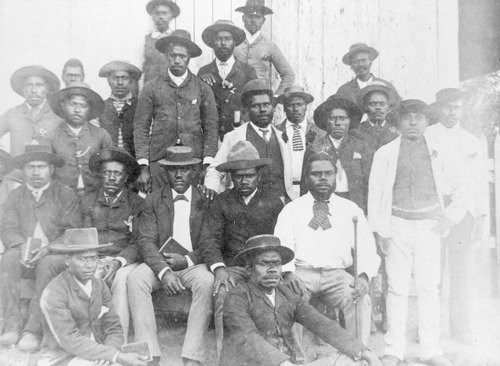
Unfortunately as time passes the markings our ancestors and forefathers have left in the landscape are slowly disappearing along with the memories and the connections they shared with people in various places along our eastern and western coastlines, rivers, creeks, to the open plains of the outback.
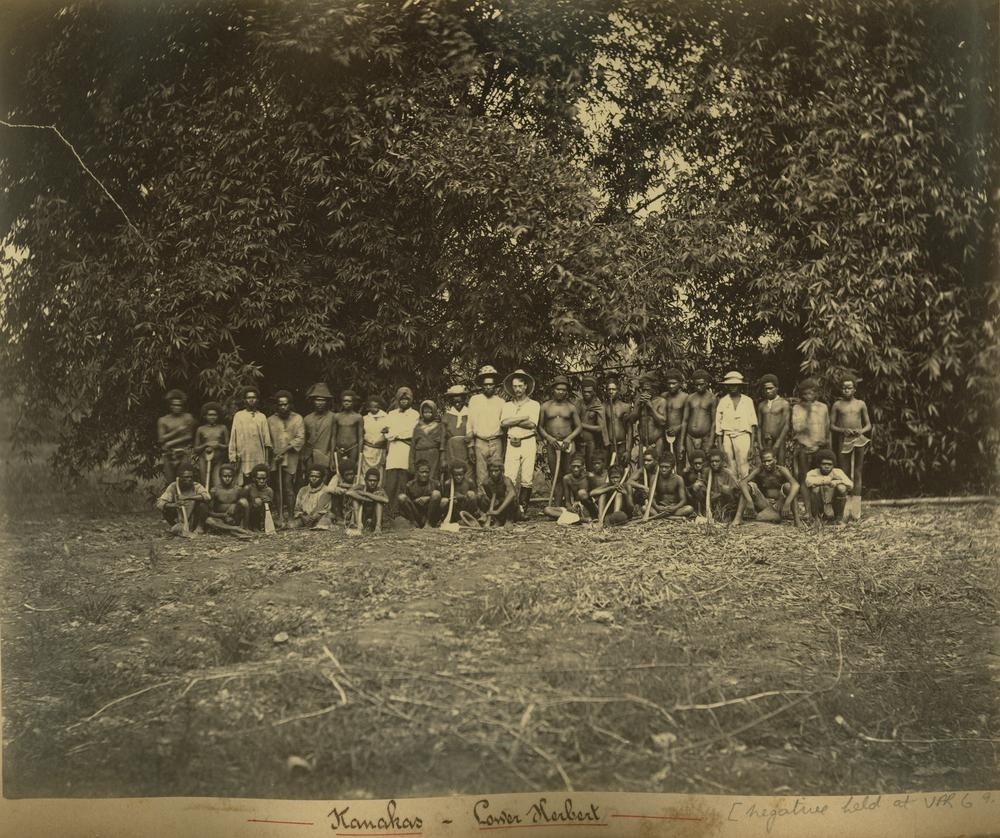
2013 was an interesting journey for many Australian South Sea Islanders. It was a time for us to sharing and creating an open dialogue about Australian South Sea Islander history, heritage and culture. We talked about a shared history in the sugar, farming, railways, mining and wartime. We shared stories about where we gathered with friends and families, in sadness and happiness; where and how we lived, worked and worshiped.
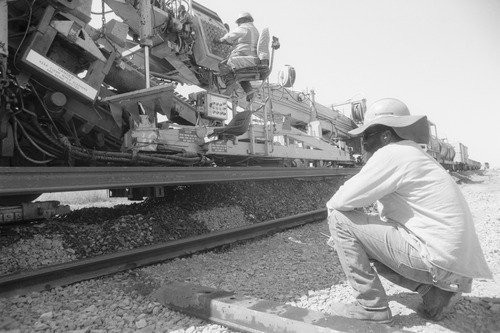
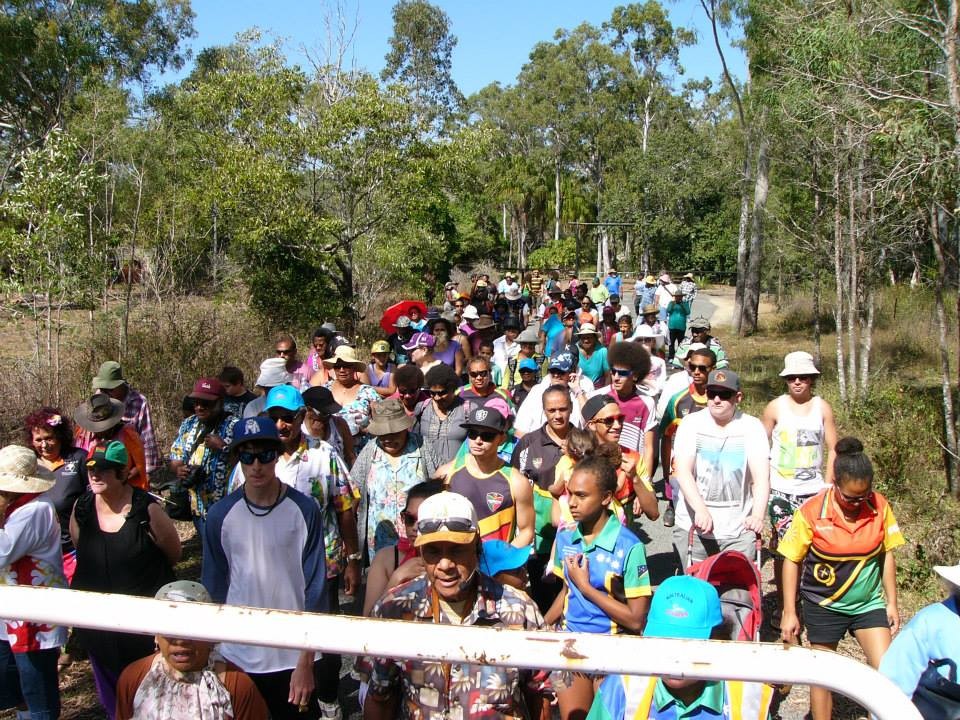
Australian South Sea Islander artists shared with us their exploration of their South Sea Islander identity through art, music and film. Krishna Nahow, Luther Cora, Jasmine Busby- Togo, Gemma Tamock, Georgia Corowa and Marcus Corowa shared with us some of their creative energy. Burden Child, Namaraca Corowa and the River Rats were also performances not to be forgotten. We had many visitors representing the home islands including Mars Melto, the Leweton Cultural Group, Vanuatu and Chief David and Richard from the paramount Chiefs in Vanuatu.
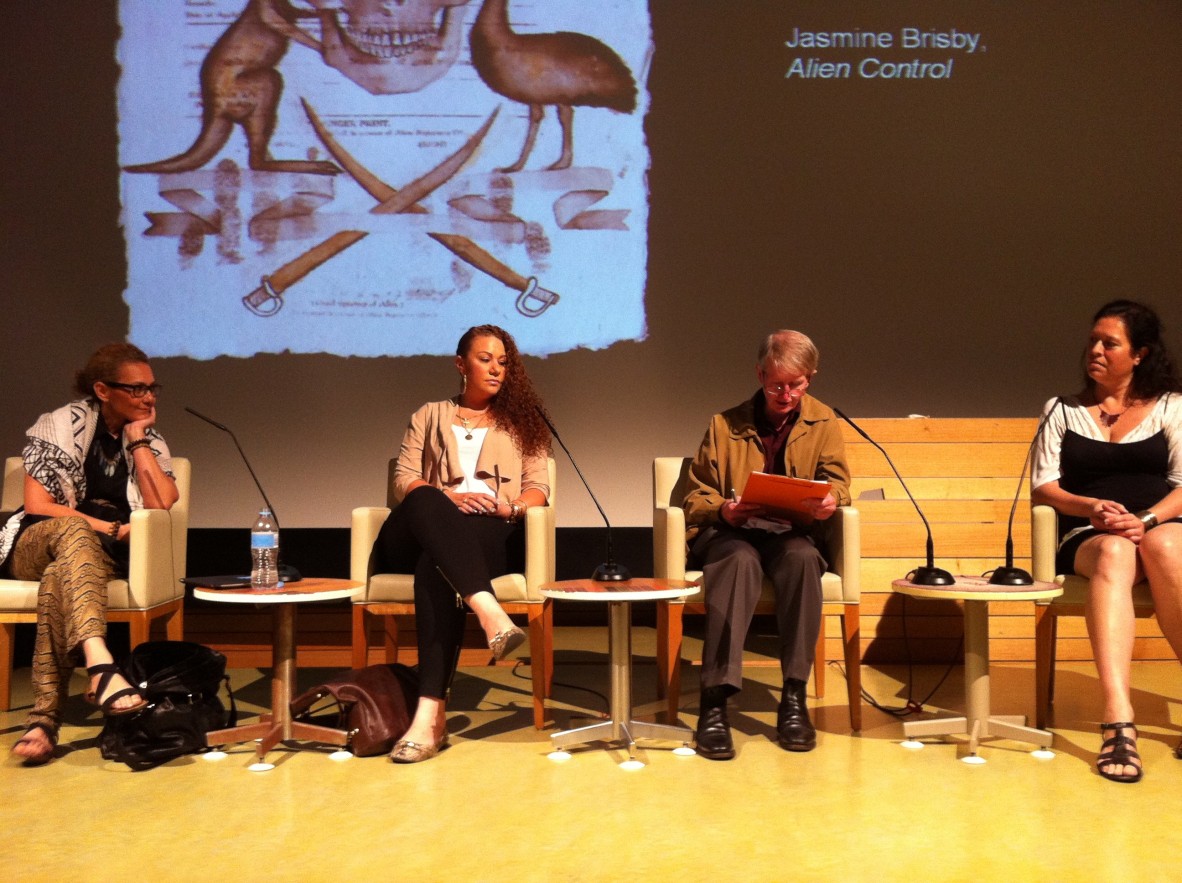
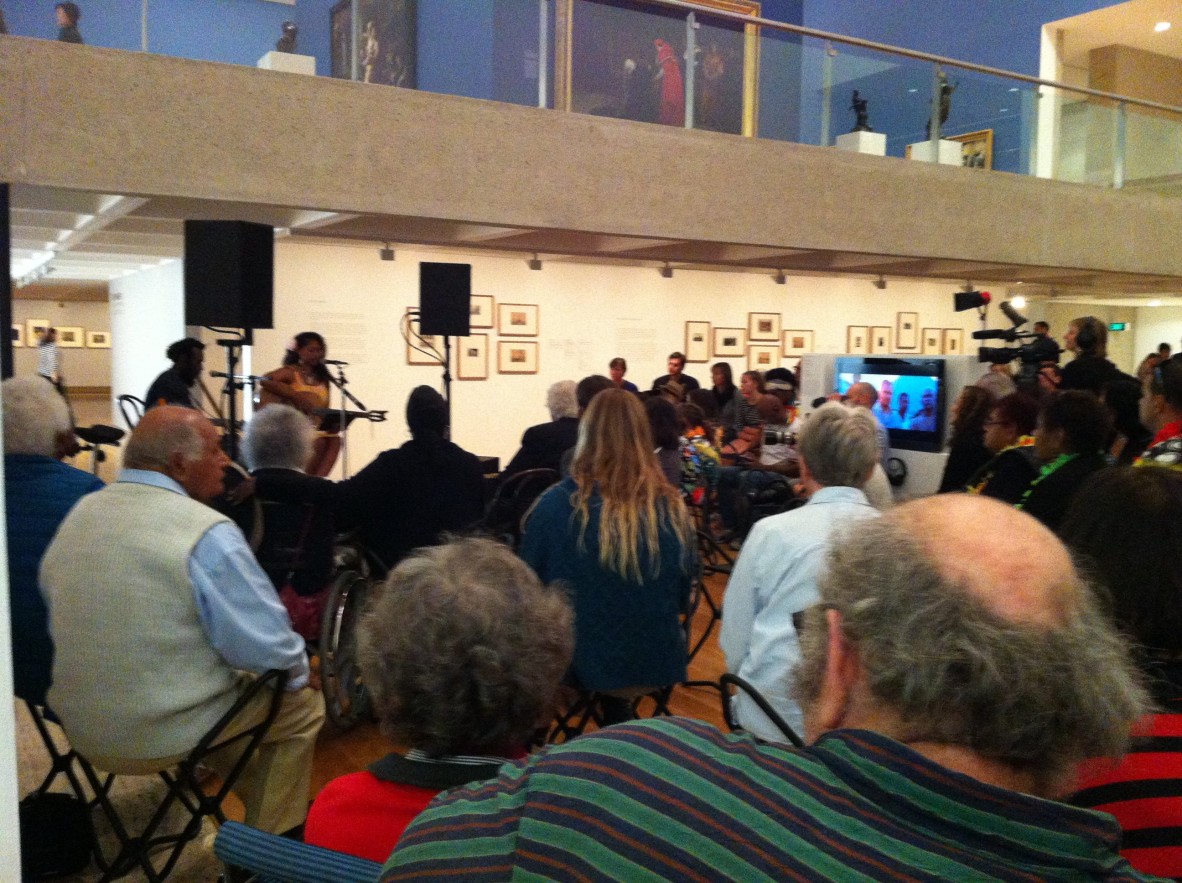
Communities throughout Queensland commemorated the occasion with exhibitions, symposiums, digital stories, workshops, music, park naming ceremonies, tours, walks and marches, all in the name of recognising and acknowledging that last 150 years of contributions made by Australian South Sea Islanders and their ancestors. Telling local stories through their own lived experiences.
This blog now comes to an end, but a big thank you to all the authors for making a contribution to the Australian South Sea Islander Blog over the last 12 months. This blog is a great example of the diverse activities that happened for the 150th year. A big thank you also goes out to everyone who shared their stories for others to hear, and all those people who participated in events across Queensland and in New South Wales. I know things do come to an end, however I know that this will be here for longevity for all to share and read.
Remember you can find more information at the;
- State Library of Queensland Australian South Sea Islander Showcase, just click here.
- Queensland Art Gallery and Gallery of Modern Art, QAGoMATV Sugar Interviews just click here.
- Queensland State Archives Australian South Sea Islander web resource just click here
- ASSI150 project web resource, just click here
Imelda Miller, Assistant Curator, Queensland Museum
Comments
Your email address will not be published.
We welcome relevant, respectful comments.